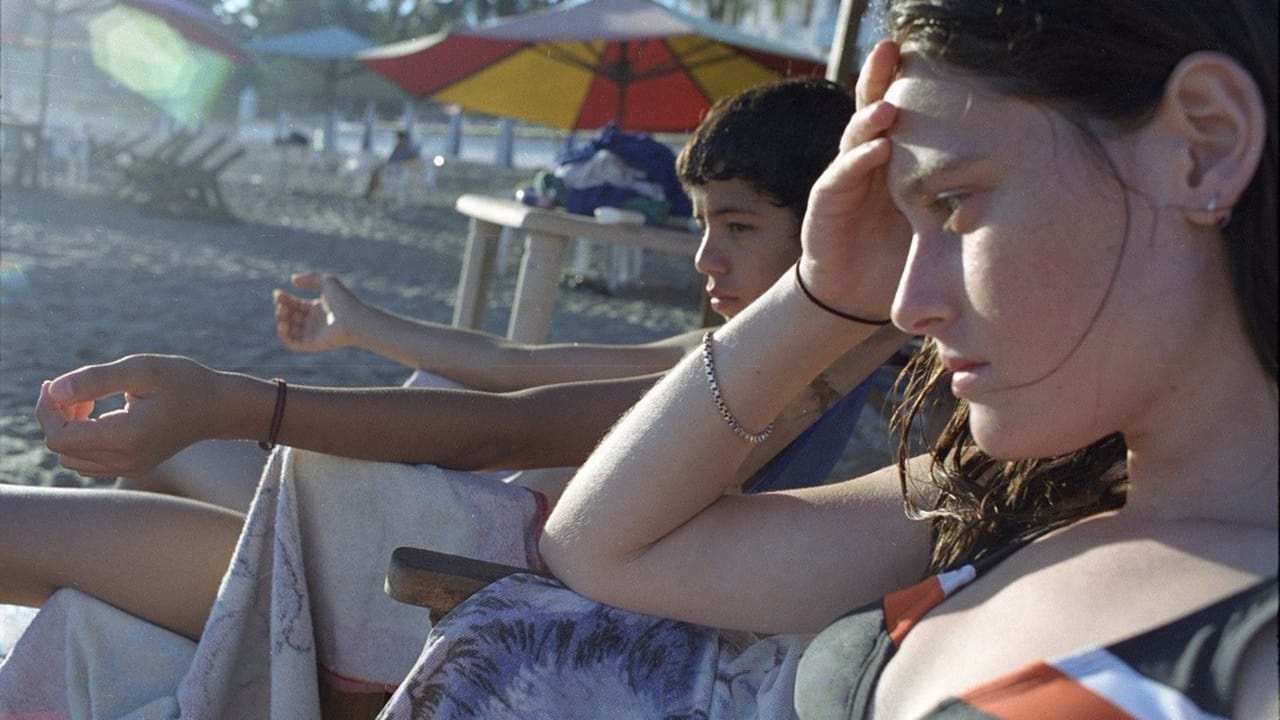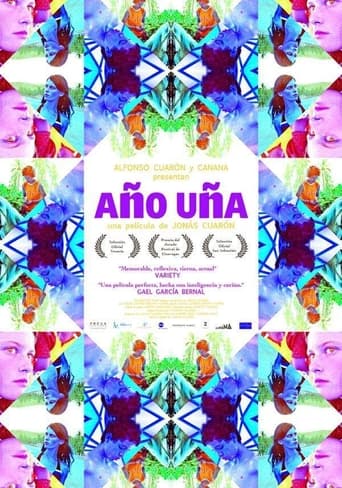

I really expected to like this film. I love a lot of foreign cinema; I have a real soft spot for coming-of-age movies; I enjoy slower paced storytelling; and I'm happy to spend time with interesting characters even when there's not a lot happening in a film....But I only managed to sit through half of this before I just got so frustrated with it I had to turn it off.I know that only sitting through half of it doesn't really qualify me to pass comment on the film as a whole, but what I saw was so incredibly tedious that I couldn't bring myself to watch the rest of it. The voice acting was unconvincing, the characters were two dimensional - and not especially likable - and I have to disagree with the other people who have commented and say that I didn't even find the photography especially impressive.As a project, compiling a year or so of photographs into a sequence that could be presented as a narrative is quite an interesting idea, and this could have been quite a sweet short film. However, there were points where the story that had been attached to the images seemed so lazy and simplistic (it reminded me of Christine Jesperson's art projects in 'Me And You And Everyone We Know' in places), that the final product didn't fulfil it's potential. And I just don't think there was enough to it to justify a feature-length run time.If you haven't seen the film already, some alternatives I would recommend seeing instead are 'How The Garcia Girls Spent Their Summer', 'Duck Season' and 'XXY'.
... View MoreThis film is not an original and fresh concept or narrative structure. I don't mean to be picky but facts are facts and originality is hard to quote as BEING. A film called "La Jetee" (1962) is all still images and was the inspiration for the film "Twelve Monkeys" (1995). If you do your research you will find more films using still images instead of moving images.I have watched "Confession" and thought it was OK. It is a classic student film and one that should be noted as being a good start. I am yet to see "Ano Una" and I look forward to watching it. But please, using the word original is very hard nowadays as there isn't much originality around.
... View MoreWho said that one must have a screen play first and then add the images to make a film? How about having visual images first and then thinking about what narrative can build out of the images? Well, the Mexican director Jonás Cuarón's first feature AÑO UÑA is exactly such an experiment. This, however, is not the only refreshing aspect of this film. Unlike other experimental films which can be disturbing, AÑO UÑA demonstrates that an experimental film can simultaneously be light (a love story between a horny teenage Mexican boy Diego and a twenty-something American girl Molly) and personal (Diego is Cuarón's younger half-brother and Molly Cuarón's girlfriend). With thousands of pictures he took during a year of his life but no prewritten script, Cuarón was totally free to compose the narrative. Viewers have to remain patient for the first few minutes (as the film begins slowly with a sequence of his beautifully shot photos) before the story gradually unfolds. By literally imposing a fictional narrative onto reality (spontaneous slices of daily lives), Cuarón's AÑO UÑA makes us rethink the relationship between fabrication and reality. Composed of only photographs and dialogues, AÑO UÑA is probably not considered a film. Strictly it is not a film. It is more than a film, as it offers us an experience of time in a highly intimate and original style. The delightfully funny comments about the cultural differences between America and Mexico as well as about growing up are assets of the film.
... View More"Año Uña" screened in the Emerging Visions section at the 2008 SXSW Film Festival which, loosely translated, means films out-of-competition which are often among the most unique and original works screened here. And, boy, was this film unique. That term is a cliché and not one to be thrown about lightly but this is about as original as can be -- "Año Uña" isn't even a "movie." Jonas Cuaron spent a couple of years in Mexico (with a short hop to New York City) photographing people he knew. With a camera. A still camera. He then took those stills and pieced them together along with a script to create an 80 minute narrative feature. My first thought was, gee, nice slideshow -- can I sit through 80 minutes of stills with a voice-over? What I found was that the experience became more compelling as the characters became more engaging. Nobody knows what he was actually documenting at the time but the story Cuaron created, ultimately exploring a tentative relationship between a 20-something American studying in Mexico (a "gringa") and a 14-year-old boy just discovering (read "obsessing") about the wonders of the opposite sex, is poignant and funny.Lead actors Eireann Harper and Diego Catano are so charming that the stills-as-motion picture device falls away and we find ourselves creating the images in the gaps, which is essentially what a movie is anyway, after all -- just frames per second while our brain fills the spaces in between. Black and white gives way to color about halfway through the "movie," and the Americans often speak Spanish (with English subtitles) while the Mexicans try to speak English (with Spanish subtitles). I found myself reading both -- "oh, wait a second, they are speaking in English -- why am I reading Spanish subtitles?" As a photographer, Cuaron is excellent and the pictures would stand on their own as a fine exhibition of photography. The script he penned also makes for a fascinating story so, although this is quite an original way to create a "movie," it all works somehow. In the end, I wanted to stay with these characters and find out what happens next. If that was his goal, Cuaron succeeded.
... View More